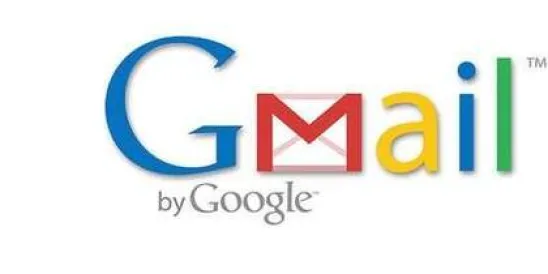Most of us realize that we give up a certain amount of privacy when we use Gmail or other providers that serve ads based on the contents of our email messages. But we probably aren’t in the habit of reading our service providers’ terms of service or privacy policies to see how else we are allowing them to use our data. Even if we were, it would still be next to impossible to keep tabs on the policies of the service providers used by recipients of our emails—especially since ad-supported email accounts can be configured to send and receive messages from custom domain names.
It’s one thing to trade privacy for convenience in our personal lives, but what happens when services like Gmail are used for attorney-client communications? Could a waiver of the attorney-client privilege result, as this recent ABA Journal blog post suggests? If you’re inclined to say yes, does that mean that attorneys need to find out what service providers their clients are using and then keep abreast of each provider’s terms of service and privacy policies? And how should attorneys communicate with clients who only have email accounts that a service provider, employer, or other third party reserves the right to access?
The answers to these questions may depend on privilege laws and legal ethics rules in the jurisdictions where lawyers and clients are located or communicate from. At a minimum, though, it’s a good idea for lawyers and clients to talk about how they want to communicate and to consider the risks and benefits of using services like Gmail for sensitive correspondence.




 />i
/>i

